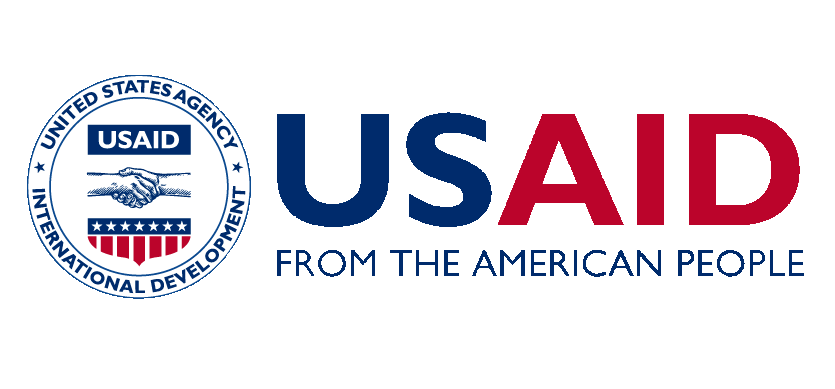This case study illustrates the relationship between population, family planning, community health, and the sustainability of natural resources in the Lake Victoria Basin, the largest lake basin on the African continent. It demonstrates how these dimensions are shaped by many factors, including human-caused alteration to the lake, access to sexual and reproductive health services, and environmental degradation.
Year: 2018
Source: Planetary Health Alliance


